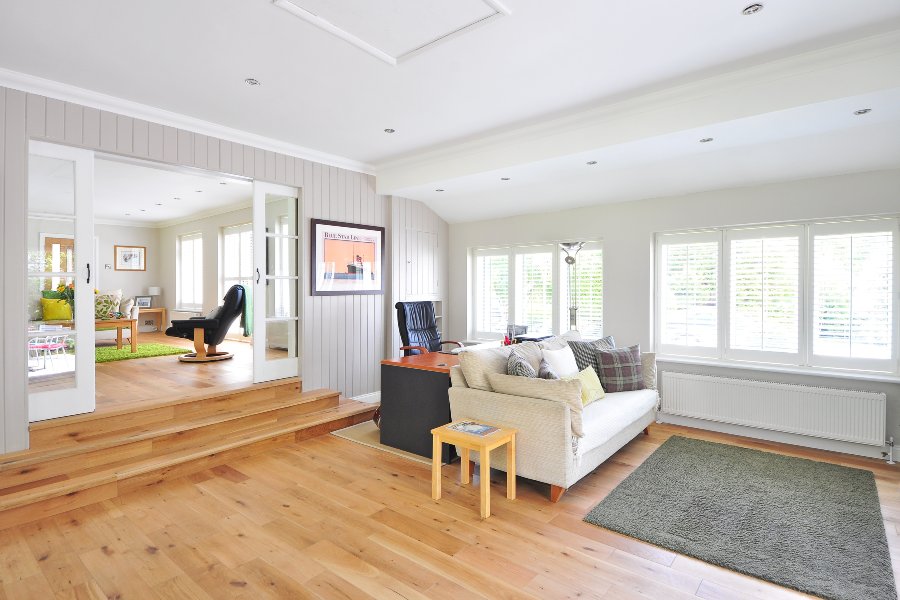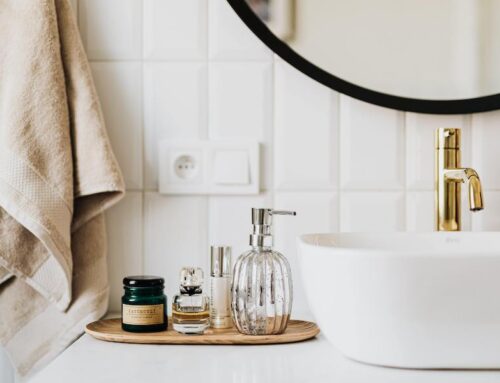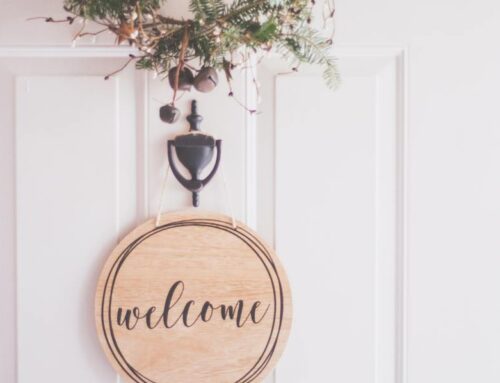The Importance of Having a Great Tenant-Landlord Relationship
Fostering a strong relationship between tenants and landlords has many advantages for both parties. Read on for tips on how to build a positive connection and help ensure a good tenant-landlord relationship.
Why is a Strong Tenant-Landlord Relationship Necessary?
In the long run, having a good tenant-landlord relationship can lead to having a reputable figure who can vouch for how great a tenant you are which can help to secure a rental in a competitive market. Short term, having good rapport with your landlord can lead to more leniency and forgiveness with minor problems or emergency situations. In some cases, having a great tenant-landloard relationship can lead to your landlord prioritizing you and the quickness with which they help with maintenance issues.

On the flipside, having a good relationship with tenants is also beneficial for landlords. One of the biggest reasons renters choose to move is complaints about their landlord. A good relationship can influence vacancy and turnover rates. The stronger and healthier your relationship is, the less likely your renter will leave. When it is time for them to move on, they will be more likely to provide referrals or help in the search process. The stronger your relationship is increases the likelihood that your tenant will care more about the safety of the property. Additionally, good communication can lead to more advance notice for any issues or complications a tenant may have.
A Guide for Tenants
- Pay Rent on Time. Consistently making late payments is a great way to show your landlord that you don’t care about your relationship or your property. Make sure to pay your rent on time, every time. Or be sure to give advance notice if you might be late, and when you next expect to make a payment.
- Maintain a Clean Environment. Treating your rental space as your own is a proven method to win favor with your landlord. Clean up after yourself on a regular basis, and be sure to look after any equipment that came with the property.
- Report Damages. While you don’t want to inundate your landlord with small everyday tasks, letting them know about any damages or problems as they arise can help to prevent them from growing into bigger and more laborious and expensive issues down the line.
- Always Follow your Lease. Following your lease is a surefire way to get on your landlord's good side.
A Guide for Landlords
- Due diligence. Carefully vet tenants to find the right match that will work and understanding their background will help inform your relationship.
- Set clear expectations. Make your expectations clear upfront about what the tenant should be prepared for and make your priorities known.
- Respond to concerns as soon as possible. Being timely can help to increase trust and visiting your properties regularly or creating a timetable to repair or check out certain aspects of a property can help catch problems before they break.
- Respect privacy. Respect your tenant’s privacy and belongings. Give proper notice before dropping by and make sure to keep judgements and personal opinions to yourself.
- Maintain property and security. Making an effort regarding security, such as well-lit grounds or ice-free walkways are clear signs to your tenants that you respect and care for them and want to keep them safe.
Communication is key to maintaining any relationship and being understanding is a pivotal part to keeping a tenant-landlord relationship strong. A property manager can help manage the weight of this relationship. Contact us today to learn more about our property management services.






